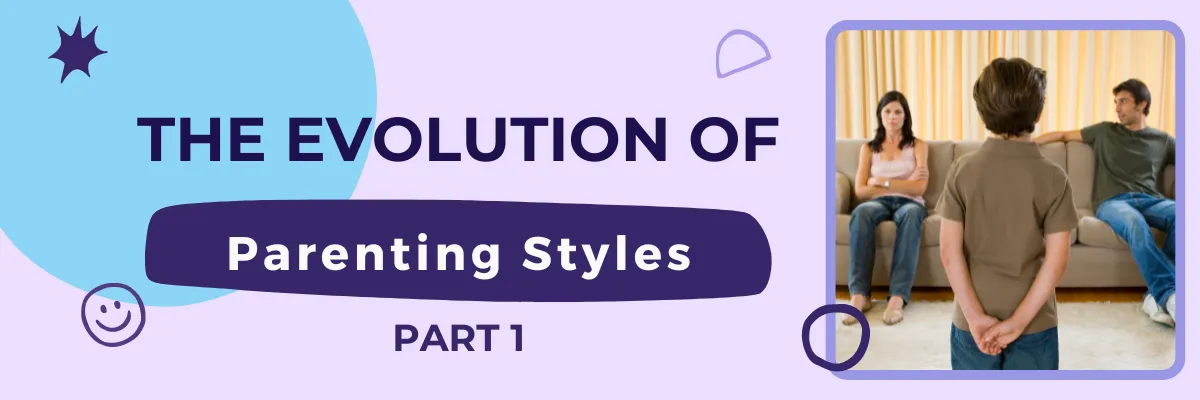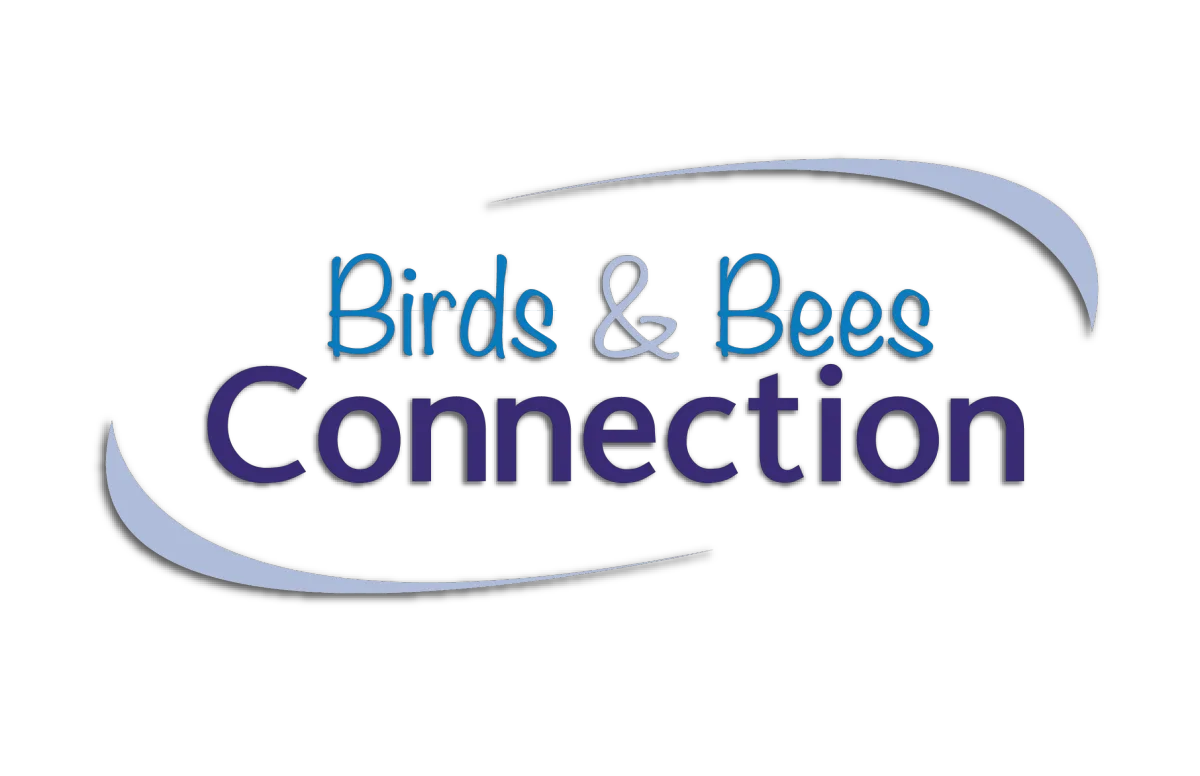
Exploring the Evolution of Parenting Styles (Part 1)
This blog is a 2-part series where I discuss emerging parenting styles.
In Part 1, today we'll take a nostalgic trip down memory lane, revisiting the "classics" that have shaped generations of parents. We'll explore the nuances of each style, their strengths, and their potential pitfalls, providing a solid foundation for understanding the evolution that has taken place.
In Part 2, we'll dive deeper into newer metaphorical parenting styles that have emerged in the last few years and see how they stack up against the classics.
Not sure what style of parent you are? Stay tuned! At the end of Part 2, you'll be invited to take our Parenting Style Quiz🐝
Estimated Reading Time: 3 minutes
Parenting Styles : Rediscovering the Classics
The landscape of parenting styles has evolved, moving beyond the traditional four: authoritarian, authoritative, permissive, and neglectful.
They have even been updated with some pretty kitschy names: Helicopter, lawnmower, benign, dolphin, elephant, snowplow, hummingbird, jellyfish, and tiger parent. Wow, animals and mechanical objects. They are modern terms that reflect more specific behaviors within the broader categories.
It’s my goal to remind you of the “old” parenting styles and bring you up to date with the current ones. I will refer to these styles as "the classics".
The four parenting styles vary in several ways: discipline, communication, nurturance, and expectations.

Remembering "The Classics"
AUTHORITATIVE PARENTING STYLE
Authoritative parenting is often considered the ideal style for its combination of warmth and flexibility while still clearly stating that the parents are in charge. Children of authoritative parents know what is expected of them. Their parents explain the reasons for the rules and the consequences of breaking them. Parents also listen to their children’s opinions, but the parent remains the ultimate decision-maker.
Authoritative parents develop close, nurturing relationships with their children. Children with authoritative parents tend to grow up confident, responsible, and capable of managing emotions. They are also friendly, curious, and achievement-oriented.
PERMISSIVE PARENTING STYLE
Permissive parents might pride themselves on being their child’s best friend. These parents are warm and nurturing, and they communicate openly. They are actively involved in their children’s emotional well-being. They also have low expectations and use discipline sparingly. Permissive parents let children make their own choices but also bail them out if it doesn’t go well.
Children of permissive parents can decide what to eat, when to go to bed, and whether to do their homework. These children tend to have good self-esteem and social skills. However, they can be impulsive and demanding and often struggle with self-regulation. Permissive parents often try to control their child’s environment so the child doesn’t have to experience rejection or failure. This means the child might enter adulthood unprepared.
AUTHORITARIAN PARENTING STYLE
Authoritarian parenting uses strict rules, high standards, and punishment to regulate the child’s behavior. Authoritarian parents have high expectations and are not flexible about them. The children might not even know a rule is in place until they’re punished for breaking it.
Children of authoritarian parents are good at following instructions and behaving well. However, these children might grow up with a fear of punishment and a lack of experience in making their own decisions. As a result, some might become aggressively rebellious, lack social skills, and have difficulty making sound decisions independently.
NEGLECTFUL PARENTING STYLE
Neglectful parents fulfill the child’s basic needs but then pay little attention to the child. These parents offer minimal nurturing and have few expectations or limitations for their children. Neglectful parenting is not always a conscious choice, but it can be forced by circumstances, such as the need to work late shifts, single parenting, mental health concerns, or overall family troubles.
Children of neglectful parents usually grow up to be resilient and self-sufficient out of necessity. They might have trouble controlling emotions, don’t develop effective coping strategies, and have difficulty maintaining social relationships. They tend to have low self-esteem and might seek out inappropriate role models.

It's true - parenting styles have evolved.
It’s not unusual to interchange different styles at any given time. Child researchers looked at parenting in the past and deduced the various ways parents parented. Often, this was due to the way their parents parented them. For many years, parents did not have the tools or knowledge to parent differently. In the 1950s, there was Dr. Spock. He probably fell under the more authoritarian method, which was prevalent after World War II when fathers needed a sense of control.
In the sixties, permissive parenting was common; it was a backlash against the authoritarian method. In the seventies, the pendulum swung, and specialists in the field of parent-child relationships were writing “how to” books. One of the most popular was Parent Effectiveness Training, P.E.T. I have to say it changed the way I parented my children, which was a positive thing.
Go on Amazon, and you can find a book that addresses your parenting style. You can also find books on parenting a child who is challenging their gender identity.
So throw away any book that identifies with the old four parenting styles. Now, it is a whole new world, with modern terms that reflect more specific behaviors within the broader categories.
In part two, I’ll identify the modern parenting styles with their explanations. You’ll also be able to download a questionnaire that will help you identify your style.
I hope you found the blog informative and took the time to complete the questionnaire. It's my goal is to support you on your parenting journey. With the blogs in mind, my Rites of Passage class for parent-tweens grades 5-7 covers all the bases you’ll need to have open conversations with your child. According to current research, the most vulnerable time for a girl is between 11 and 13 and for boys 14 and 15. Whatever parenting style you have, the Rites of Passage is the class for you and your child. Click the link below for more information about the class.
Rites of Passage - Course 🌉
Don't miss a beat! Join our email list 🐝
Subscribe for monthly newsletters, blogs, referral perks, and more.
It's free to join and you can unsubscribe at any time.
🐝 Contact Leslie
(949) 394-1556
leslie@leslie-dixon.com
Cancellation Policy:
We require a minimum of 48 hours notice if you cannot attend a scheduled class.
Refunds are not offered. If you do cancel within the notice period, you will receive a class credit that can be applied towards a future class, including hosting a class or an Open to the Public class.


